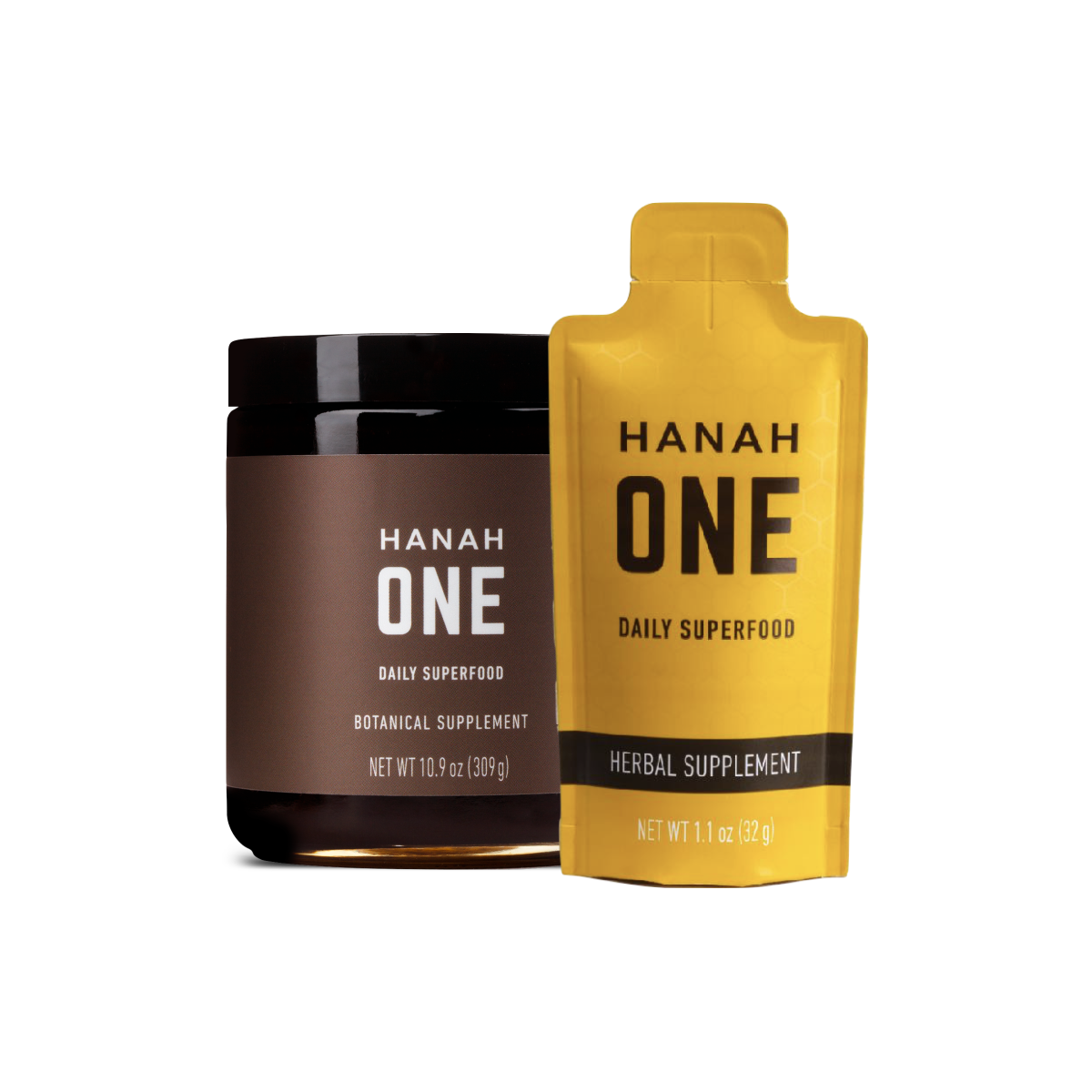Supplement Facts: How to choose wisely

Supplement Facts: An exclusive HANAH series meant to lift the lid off the supplement industry. An industry known for misinformation, false claims and deception. With over 85,000 supplements on the market today, our intent is to provide you with the information you need to ensure you are fully equipped to:
- Differentiate between low-grade and premium supplements
- Understand the current supplement market and how we got to now
- Identify red flags on labels and in descriptions
- Avoid potentially harmful ingredients
- Choose companies whose pure products you can trust
- Integrate supplements into a healthy lifestyle
- Further enhance such a way of life with other beneficial practices
If you’ve read the first, second or third installments of our Supplement Facts series, you might be feeling better educated but a little gloomy–us too! But fear not. Now that we’ve outlined some of the potential problems in the supplement industry, we’re going to pivot and share info to help you going forward. It’s not enough for us to simply say “be careful.” Instead, what you need are practical tips that will help you find your way through the increasingly crowded and duplicitous supplement landscape, and come out on the other side unscathed.
When labels make claims about improving your skin elasticity by 28 percent, doubling the number of good bacteria in your gut, or delivering 5x strength gains, it’s time to do some digging. The very first step you should take is to ask questions. It sounds simple, but oftentimes these basic questions are incredibly telling, and can help you differentiate between a company that has your best interests in mind and one that’s trying to take advantage of you.
Where
To begin your discovery process, check the company’s website to see if they provide any evidence to support their sourcing claims. This could be a blog post following the founder on an ingredients-finding mission halfway around the world, or maybe some social media photos showing growers doing their thing on site. To go the extra mile, send the company a message, or find an email address and shoot them a note with a few simple questions. For example, “Where do you get your ingredients?” “Can you show me how you source them?” and so on. A quick, candid, and full reply will indicate that they’re being upfront with you. Whereas if they brush you off or send back a canned or vague response, you’ll know to start looking elsewhere.
How
Another factor to consider is the manner in which a company is obtaining its supplements. Going high quality is all well and good, but if the producers are pillaging landscapes or degrading the soil by supporting monoculture farming, we recommend that you reconsider.
Something else to investigate is how the ingredients are treated. For herbal supplements, if a company is putting high-end ingredients through the wringer or using chemicals in their processing, they will end up with low-end output that’s less efficacious and possibly even detrimental to your health. Processing should be as minimal as possible so that the botanicals retain most of their original properties.
Who
There are instances where it’s not only the planet that’s getting short-changed, but people too. This typically occurs when indigenous cultivators are being taken advantage of, which can happen in a few different ways. They might be paid less than a crop is worth per unit because they’re desperate for money or the company obtaining the raw materials is buying in such bulk that they have monopoly powers in that region.
If you have doubts about anything of this nature, follow the courage of your convictions and reach out to the company to ask some questions that will put them on the spot. If they’re doing things ethically, they should have no problem allaying your fears about their products and practices.
Why
Want to take an extra step? There’s a very simple question you can ask that should be easy for a company that operates with best interests in mind to answer: What were their reasons for founding the company? Ask them to tell their story if it’s not apparent from their packaging, website or socials.
Show me the science
When a supplement company uses language like “scientifically proven,” “evidence-based” or any of the other umpteen variations on the theme, you should ask them to provide the studies that they’re referring to. If they don’t, then you know the game is up. And even if they do send you a PDF or web link, take a little time to read through it and see if what they’re claiming actually adds up. No need for a PhD in nutrition or chemistry–just make sure the study passes the sniff test and that the company isn’t saying one thing and the research team another.
With a fancy photo shoot, a team of Instagram influencers who look just so, and eye-catching packaging, just about any supplement company can create a finished product that seems luxe. But appearances can be deceptive and more often than not, such surface-level polish masks the fact that the actual product is low-quality. As convincing as it might seem, how do you know for sure? Our advice: Don’t ever take a company at their word. Investigate. Ask questions. Double-check. It takes some time and effort, but when it comes to your health and hard earned money, it’s well worth it.
Stay tuned
“How to choose wisely” is the 4th installment in our ongoing blog series, Supplement Facts. In the coming weeks, we’ll dive deeper into the supplement industry to provide you with all of the necessary information to make informed decisions on your journey to long term health.
- Did you miss the previous installments of Supplement Facts? Start with part one.
- Learn more about HANAH's commitment to purity, quality and results.






Leave a comment
This site is protected by hCaptcha and the hCaptcha Privacy Policy and Terms of Service apply.